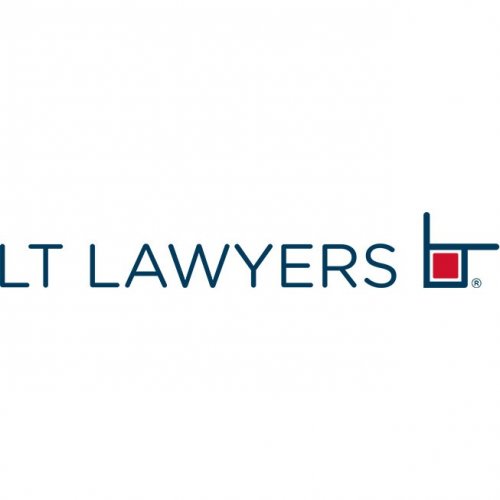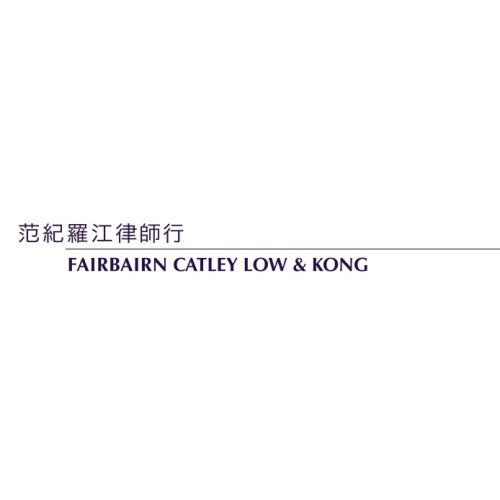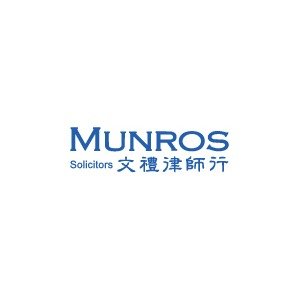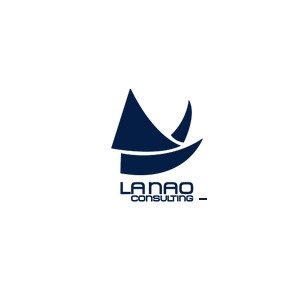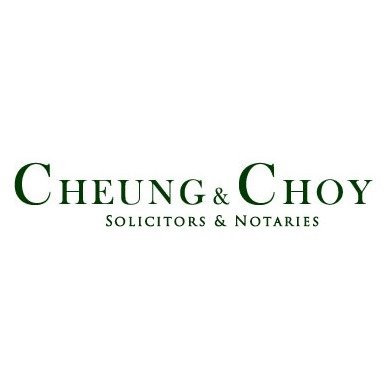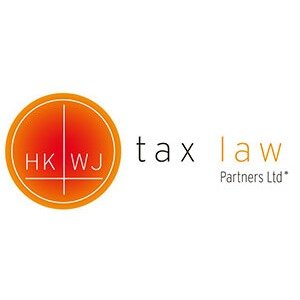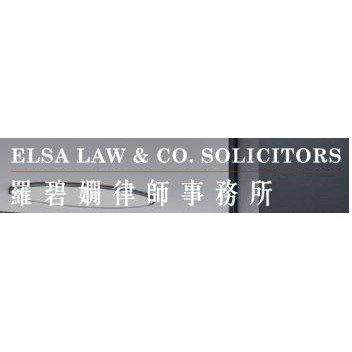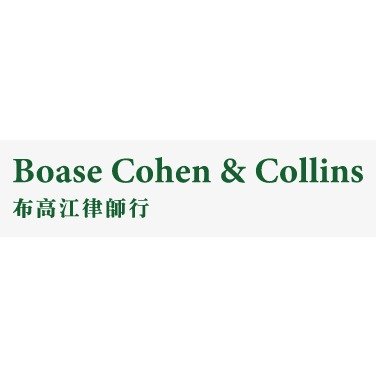Best Commercial Litigation Lawyers in Wanchai
Share your needs with us, get contacted by law firms.
Free. Takes 2 min.
List of the best lawyers in Wanchai, Hong Kong
About Commercial Litigation Law in Wanchai, Hong Kong
Commercial litigation involves the resolution of disputes arising from business and commercial transactions. In Wanchai, Hong Kong, this area of law covers a wide array of issues, including breaches of contract, shareholder disputes, partnership disagreements, debt recovery, and other conflicts related to business agreements. Given Wanchai's status as a dynamic business district, commercial litigation is a common legal field, dealing with both local and international companies operating in the region.
Why You May Need a Lawyer
There are numerous scenarios where seeking legal advice in commercial litigation becomes essential. Some common situations include:
- A business partner fails to fulfill obligations under a contract or partnership agreement
- Disputes over the interpretation or enforcement of business agreements
- Issues related to breach of confidentiality or misuse of intellectual property
- Debt recovery needs, especially when clients or partners refuse to pay
- Allegations of misrepresentation or fraud in business transactions
- Minority shareholder disputes and disagreements over company management
- Conflicts arising during mergers, acquisitions, or business sales
In these situations, a qualified commercial litigation lawyer can help protect your interests, advise you on possible solutions, and represent you in court if necessary.
Local Laws Overview
Commercial litigation in Wanchai operates under Hong Kong law, which is derived from English common law but also includes unique local statutes and court procedures. The District Court and the Court of First Instance of the High Court are the main courts handling most commercial disputes. Some key aspects of local laws include:
- Contracts are legally binding and enforceable, provided they meet certain requirements
- Civil Procedure Rules guide how cases are brought, managed, and resolved in court
- Alternative Dispute Resolution options like mediation or arbitration are encouraged to resolve disputes before trial
- Injunctions and interim measures can be secured to protect business interests while a case is ongoing
- Judgments from the Hong Kong courts are enforceable and, in some circumstances, can be recognized internationally
- Litigation costs are an important factor and may be recoverable by the successful party
Frequently Asked Questions
What is commercial litigation?
Commercial litigation refers to the process of resolving disputes between businesses or between individuals and businesses, often involving contracts, transactions, or partnerships.
What kinds of disputes are handled in commercial litigation?
Common disputes include breaches of contract, shareholder or partnership conflicts, debt recovery, business torts like misrepresentation or fraud, and issues arising from mergers or joint ventures.
Is there a difference between commercial litigation and civil litigation?
Commercial litigation is a subset of civil litigation focused on business and commercial matters. Civil litigation covers all non-criminal legal disputes, including personal matters like property and family.
How long does a commercial litigation case typically take in Hong Kong?
The duration varies. Simple cases may resolve within a few months, while complex disputes can last a year or more, particularly if they go to trial.
Can I settle my dispute outside of court?
Yes. Mediation and arbitration are commonly used alternatives to court in Hong Kong. The courts encourage parties to explore settlement before proceeding to trial.
What documents should I prepare before meeting a commercial litigation lawyer?
Bring any contracts, correspondence, emails, accounting records, and any other documents related to the dispute. These will help the lawyer assess your situation and provide better advice.
What are the main courts handling commercial disputes in Wanchai, Hong Kong?
The District Court and the Court of First Instance of the High Court are the primary forums for commercial litigation, depending on the amount and complexity of the dispute.
Will I need to appear in court personally?
In many cases, your lawyer can represent you. However, you may need to appear for testimony or if required by the court.
What are the potential outcomes of a commercial litigation case?
Outcomes can include monetary compensation, enforcement of a contract, an injunction to stop certain actions, or a negotiated settlement between the parties.
What is the cost of hiring a commercial litigation lawyer?
Costs vary depending on the complexity and duration of the case. Many lawyers offer an initial consultation to discuss fees and payment arrangements. Some costs may be recoverable if you win your case.
Additional Resources
- The Hong Kong Judiciary - provides information on courts and case management
- The Law Society of Hong Kong - lists qualified solicitors and firms specializing in commercial litigation
- The Hong Kong International Arbitration Centre - offers mediation and arbitration services
- The Hong Kong Bar Association - provides a directory of barristers with expertise in commercial law
- Legal Aid Department (Hong Kong) - may offer legal assistance to eligible parties
Next Steps
If you are facing a commercial dispute in Wanchai, Hong Kong, consider the following steps:
- Gather all relevant information and documents related to your dispute
- Consider whether the dispute may be resolved through discussion or negotiation between parties
- Consult with a qualified commercial litigation lawyer to assess your legal position
- Discuss possible options, such as mediation, arbitration, or court proceedings
- Decide on the most suitable course of action with guidance from your lawyer
- Follow your lawyer’s advice carefully and maintain clear communication throughout the process
Taking early legal advice and acting promptly can improve your chances of resolving your commercial dispute effectively.
Lawzana helps you find the best lawyers and law firms in Wanchai through a curated and pre-screened list of qualified legal professionals. Our platform offers rankings and detailed profiles of attorneys and law firms, allowing you to compare based on practice areas, including Commercial Litigation, experience, and client feedback.
Each profile includes a description of the firm's areas of practice, client reviews, team members and partners, year of establishment, spoken languages, office locations, contact information, social media presence, and any published articles or resources. Most firms on our platform speak English and are experienced in both local and international legal matters.
Get a quote from top-rated law firms in Wanchai, Hong Kong — quickly, securely, and without unnecessary hassle.
Disclaimer:
The information provided on this page is for general informational purposes only and does not constitute legal advice. While we strive to ensure the accuracy and relevance of the content, legal information may change over time, and interpretations of the law can vary. You should always consult with a qualified legal professional for advice specific to your situation.
We disclaim all liability for actions taken or not taken based on the content of this page. If you believe any information is incorrect or outdated, please contact us, and we will review and update it where appropriate.



